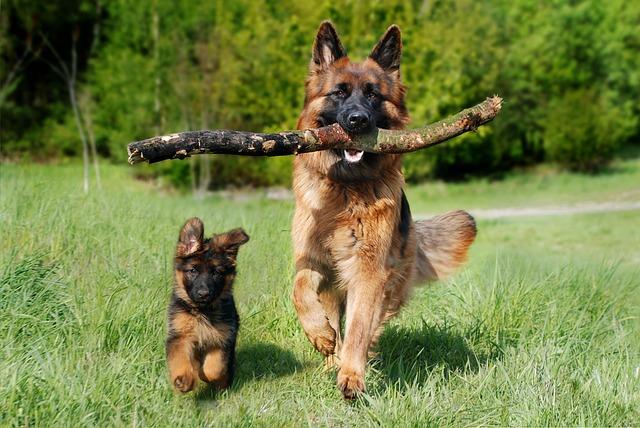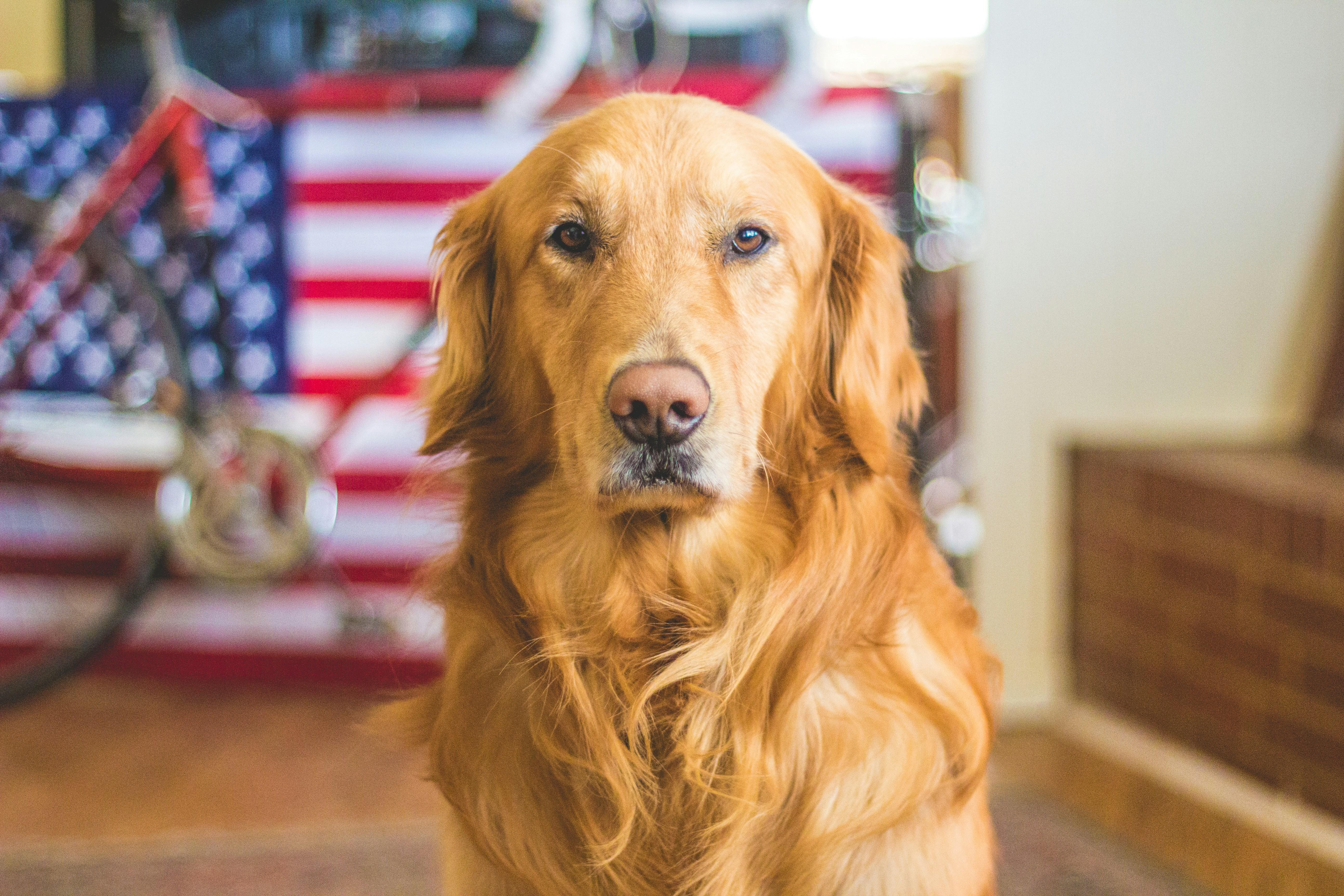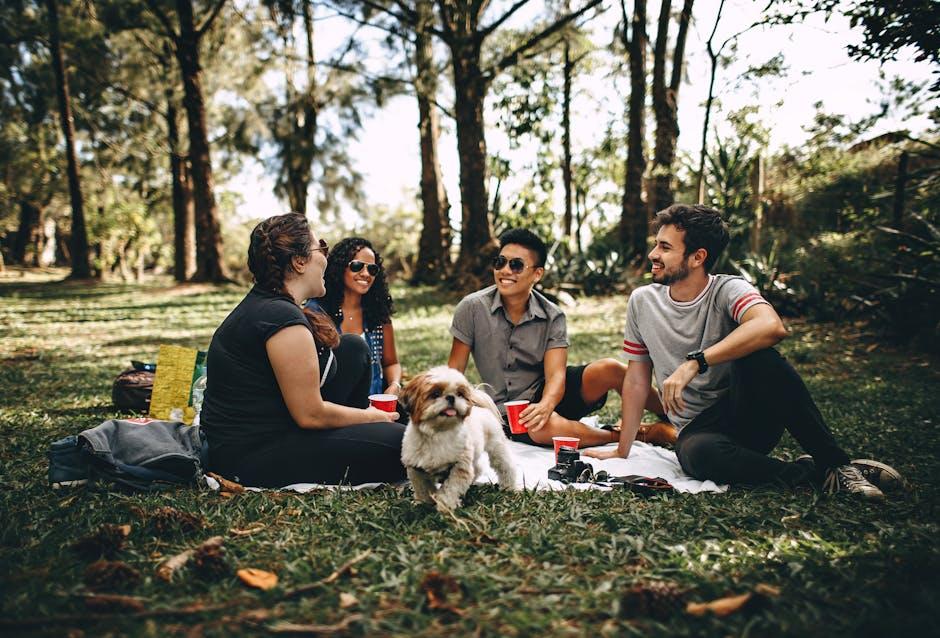Why Some Dogs Are More Social Than Others: Psychological Insights

Dogs have long been celebrated as our loyal companions, each with their own unique personality that endears them to their human families. Yet, if you’ve ever visited a dog park, you might have noticed that not all dogs are equally outgoing. Some leap into play with exuberance, making friends with every pup in sight, while others hang back, observing the action from a distance. This intriguing variation in social behavior has captured the attention of pet owners and researchers alike, prompting a closer look into the psychological factors that influence why some dogs are more social than others. In this article, we will explore the fascinating world of canine psychology, uncovering the influences of genetics, early experiences, and environment that shape the social tendencies of our four-legged friends. Join us as we delve into the science behind these behaviors, offering insights that might just help you understand your own furry companion a little better.
Understanding Canine Temperaments and Social Behaviors
Dogs, much like humans, exhibit a wide array of temperaments influenced by a blend of genetics, environment, and upbringing. Understanding these nuances is key to fostering better relationships between humans and their canine companions. While some dogs naturally gravitate towards social interactions, others may be more reserved or cautious. This diversity can be attributed to several psychological factors:
- Breed Characteristics: Certain breeds are inherently more social due to their historical roles. For instance, Labrador Retrievers and Golden Retrievers have been bred for companionship and teamwork, making them more predisposed to enjoy social settings.
- Early Socialization: Puppies exposed to various people, environments, and other animals during their critical developmental periods tend to be more adaptable and social in adulthood.
- Individual Personality: Just like humans, each dog has a unique personality. Some may naturally be introverted, preferring the company of a select few rather than a bustling crowd.
- Past Experiences: Dogs with positive past experiences with other animals and people are more likely to seek out social interactions, whereas those with negative experiences may become more wary.
Recognizing these factors can help dog owners tailor their approach to nurturing a dog’s social skills, ensuring that each canine is comfortable and happy in their environment.
The Role of Genetics and Environment in Dog Sociability
The balance between genetics and environment plays a pivotal role in shaping a dog’s sociability. Genetic predispositions often lay the groundwork for a dog’s social tendencies. Certain breeds are inherently more sociable due to their historical roles and breeding purposes. For instance, breeds like Labrador Retrievers and Golden Retrievers are known for their friendly and outgoing nature, which is partly attributed to their genetic makeup. However, it’s crucial to remember that genetics are just one piece of the puzzle.
Environmental influences can significantly modify or enhance a dog’s inherent sociability. A nurturing environment, enriched with positive interactions and experiences, can encourage even the most reserved breeds to develop social skills. Key environmental factors include:
- Early socialization: Exposure to diverse environments, people, and other animals during puppyhood.
- Training and reinforcement: Consistent and positive training methods that reward social behavior.
- Owner’s behavior: The temperament and behavior of the owner can greatly influence a dog’s social outlook.
Understanding the interplay between these elements can help dog owners foster a more social and well-adjusted companion.

Training Techniques to Enhance Your Dogs Social Skills
Building your dog’s social skills is a rewarding journey that not only enhances their quality of life but also strengthens the bond between you and your furry friend. Here are some effective techniques to help your dog become more sociable:
- Positive Reinforcement: Reward your dog with treats, praise, or playtime whenever they exhibit friendly behavior towards other dogs or people. This helps to create positive associations and encourages repeated good behavior.
- Gradual Exposure: Introduce your dog to new environments and social situations slowly. Start with less crowded places and gradually move to busier settings as they become more comfortable.
- Consistent Socialization: Regularly schedule playdates with other dogs or visits to dog parks. Consistent interaction helps dogs learn how to communicate and play well with others.
- Body Language Awareness: Pay attention to your dog’s body language. Understanding when they’re anxious or overwhelmed allows you to intervene and provide comfort, ensuring they have positive experiences.
- Training Classes: Enroll in group training sessions or socialization classes where professional trainers can guide both you and your dog in developing essential social skills.
By implementing these strategies, you’ll be paving the way for your dog to become a confident and well-adjusted member of any social setting.

Creating a Supportive Environment for a Socially Thriving Dog
To nurture a dog’s social skills, it’s crucial to provide an environment that encourages positive interactions and confidence-building experiences. Routine socialization is essential; introducing your dog to a variety of people, places, and other animals in a calm and controlled manner can help them adapt to new situations. Consider organizing regular playdates with other dogs or visiting dog-friendly parks where they can explore and engage with their peers. This not only boosts their social skills but also enriches their mental well-being.
Creating a safe and comfortable space at home is equally important. Ensure that your dog has a quiet retreat where they can relax away from overwhelming stimuli. Consistent training with positive reinforcement can also enhance their social capabilities, as it builds trust and understanding between you and your pet. Remember to celebrate small victories, like a successful interaction or calm behavior in a new environment, with treats and affection. These practices lay the foundation for a socially thriving dog who is happy and well-adjusted.
- Introduce new experiences gradually.
- Encourage interactions with a diverse range of people and animals.
- Maintain a consistent routine with positive reinforcement.
- Provide a quiet, comfortable space for downtime.
In Retrospect
understanding why some dogs are more social than others offers fascinating insights into their psychological and behavioral makeup. By exploring factors such as genetics, early life experiences, and individual temperament, we can better appreciate the unique social dynamics of our canine companions. This knowledge not only enriches our relationships with our dogs but also enhances our ability to provide them with the environments and interactions they need to thrive. As we continue to learn more about these remarkable animals, let’s celebrate their diversity and nurture their social instincts with empathy and understanding. After all, whether they are social butterflies or more reserved, every dog has its own special way of connecting with the world.



